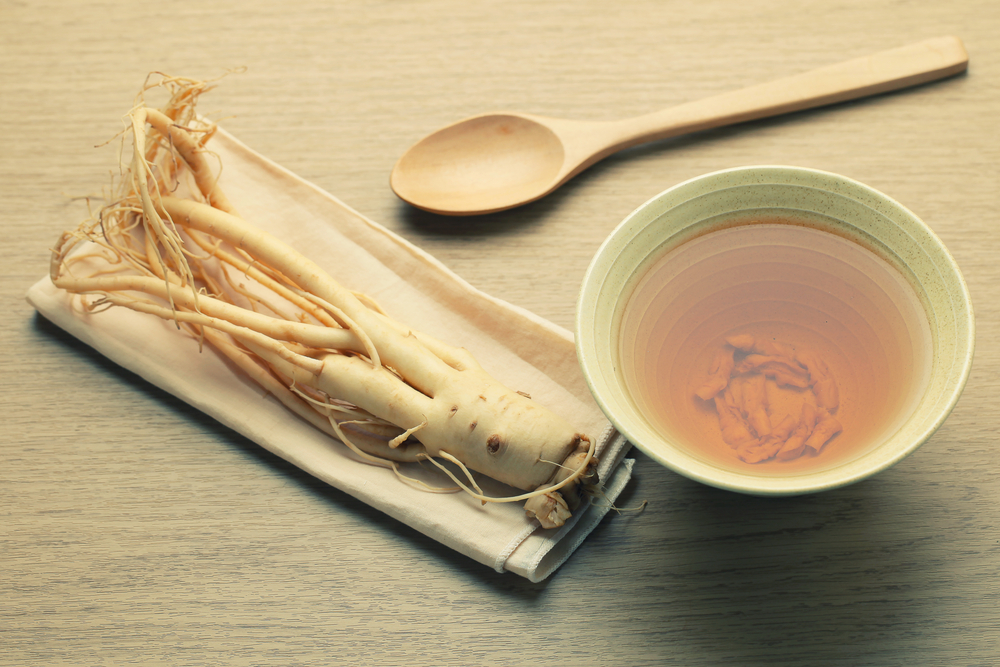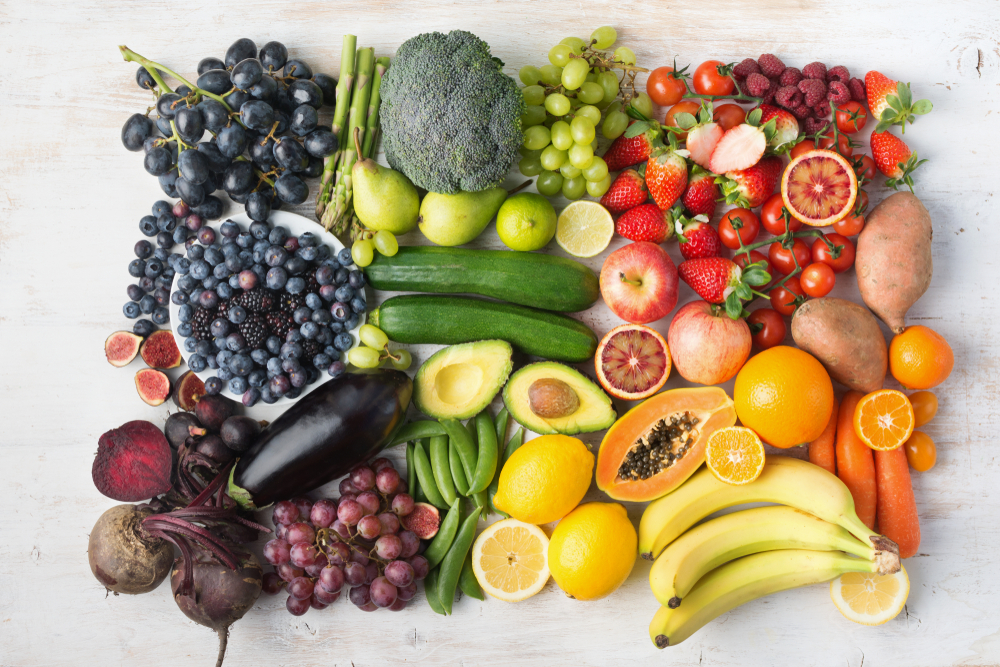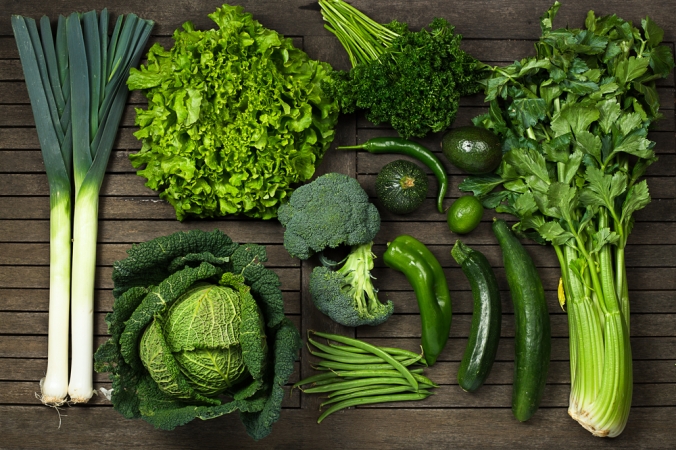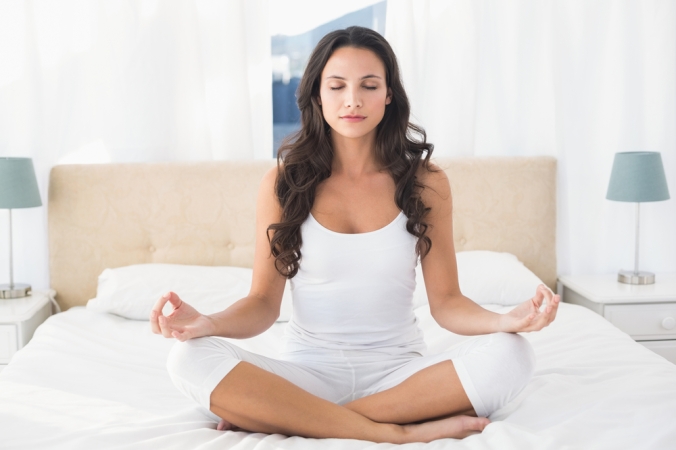
Suffering from stress or feeling stressed much of the time, can be a common occurrence for many of us. This often converts into feelings of anxiety and other mental health issues. Whilst we can’t eradicate stress altogether, there are many ways that nutrients and herbs can help ourselves to cope better and to reduce these feelings.
Clinical Nutritionist Suzie Sawyer shares her top five.

Magnesium
The mineral magnesium is often referred to as ‘the relaxing mineral’. This is because amongst its many jobs in the body, it helps the muscles to relax. Magnesium also plays a key role in the central nervous system, so it can really help relaxation and, in turn sleep.

In terms of foods, there are plenty you can choose from that are rich in magnesium such as avocados, leafy greens, legumes such as lentils and chickpeas, oily fish, even dark chocolate! The main thing to remember about magnesium is that you can’t find it in refined foods, so clean eating is key. Supplementation with the magnesium glycinate form could also be helpful if you’re really feeling the stress.
Zinc
We are often deficient in this hard-working mineral because, just like magnesium, it’s only found in whole foods. Zinc is needed for almost everything that goes on in the body. This is because it’s essential for the many enzyme reactions that keep the body functioning. These include the production of brain neurotransmitters, hence plenty of zinc is needed to support our brain function and help us through stressful situations.

Oysters provide the richest source of zinc, which are not everyone’s favourite food! The good news is that red meat, fish, eggs, whole grains, and dairy are also good sources.
Vitamin B5
Otherwise known as pantothenic acid, vitamin B5 is needed for the adrenal glands, which produce our stress hormones, to fire correctly. Just as magnesium is known as the ‘anti-stress mineral’, the same can be said of pantothenic acid as a vitamin. It’s also essential in the manufacture of energy, so if you’re eating plenty, you should feel better in a number of ways.

Liver is one of the best sources of vitamin B5. Although it’s a food that‘s dropped out of popularity, if you can get to like it liver is one of the most nutritious foods we can eat. It can be simply and lightly pan fried in a little olive oil and served with plenty of vegetables, including some delicious, creamy mashed potato.
Siberian ginseng
Cleary, ginseng has been used for centuries to great effect for stress but also for encouraging positive feelings of wellbeing.

There are a number of different types of ginseng, but Siberian has a gentler effect on the nervous system. It is great used in a tea; a couple of cups a day will be beneficial. Research also suggests it might help us to live longer because it helps to regenerate the mitochondria, the energy producing part of every cell. That’s got to make it worth having a cuppa or two!
Rhodiola rosea
Rhodiola is another herb that has been used for centuries with some really positive health benefits. There has been plenty of robust research on rhodiola, confirming that it helps reduce cortisol levels (which are raised when we’re stressed), which then helps create feelings of calm.

Many people have reported, and research confirms, that whilst taking Rhodiola rosea, they felt better able to cope with stressful times or specific events. It also helps energy production. This is helpful for people suffering from adrenal burnout: it can re-balance the whole system and get hormone levels back into range.
Alongside a well-balanced diet, relaxation techniques, and exercise, why not try these nutrients and herbs to help with stress?
FOR MORE GREAT NUTRITION AND LIFESTYLE ADVICE:
Sign up to receive our blog and get a weekly dose of the latest nutrition, health and wellness advice direct to your inbox.
For everything you need to know about vitamins, minerals and herbs visit our sister site Vitamin Expert – your essential guide to nutrition and natural health.
Follow us on Instagram @feelaliveuk for nutrition, lifestyle and well-being tips.
Visit us at www.feelaliveuk.com for the latest offers and exclusive Alive! content.
Follow and Chat with Suzie on Twitter @nutritionsuzie
All images: Shutterstock












































